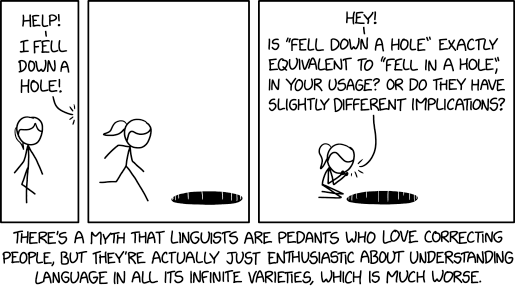English as a prestige language in Taiwan
The focus of this post is the expression lào yīngwén, where the yīngwén part is written 英文 in characters and means "English". The lào part is much more complicated, as is typical when it comes to writing Taiwanese morphemes with Chinese characters. The Taiwanese verb "làu" means to master something. When used with reference to a language, it signifies speaking fluently. In current discourse, it often indicates that one speaks English in an ostentatious manner to show off. For example, if a Mandarin speaker chooses to speak English on an occasion where everyone in the audience also also speaks Mandarin, then this person's behavior may be considered lào yīngwén. It carries a slight negative tone.
There is no standard Sinographic form for this Taiwanese morpheme. In written Taiwan Mandarin, it may be written with the following characters: lào 烙, liào 撂, luò 落. Since these three characters respectively mean "burn; bake; sear", "put down; leave", and "fall; descend", they are obviously being used to approximate the sound of the Taiwanese verb and have nothing to do with its meaning. The same is true of the traditional Sinographic representation of this Taiwanese morpheme, viz., lǎo 老 ("old").
Read the rest of this entry »

